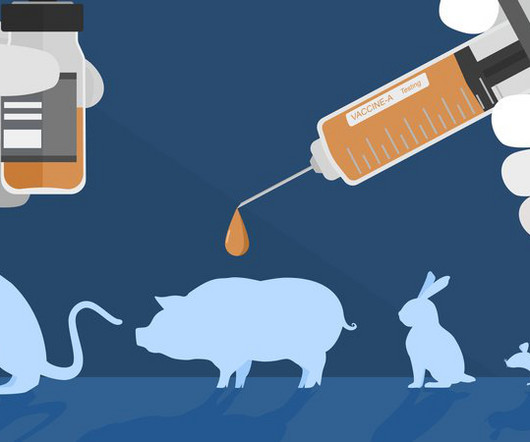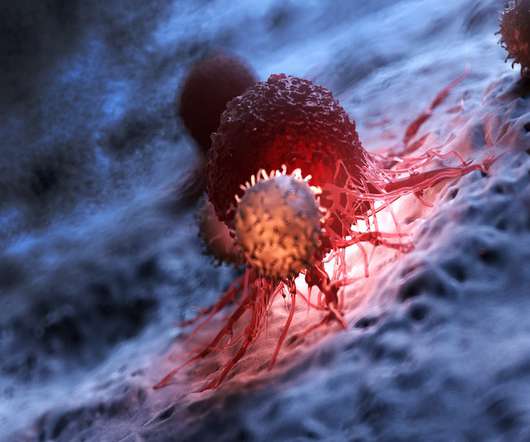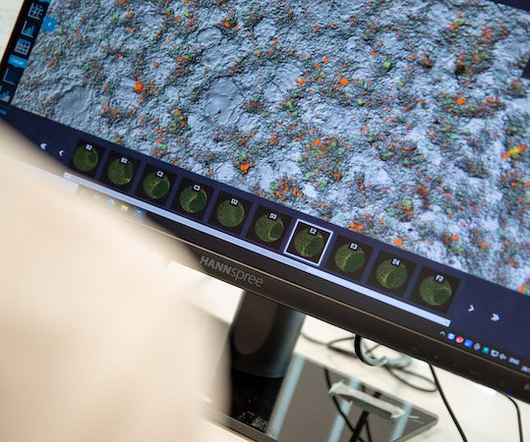Closing the translation gap in oncology drug development
Drug Discovery World
MAY 9, 2023
The recent passage of the FDA Modernization Act, which removed the requirement for animal testing when suitable alternatives are available, has highlighted the inadequacy of animal models most often used for in vivo research. Cancer is far more complex than the sum of its parts. Mice have long been heroes of preclinical cancer research.













Let's personalize your content